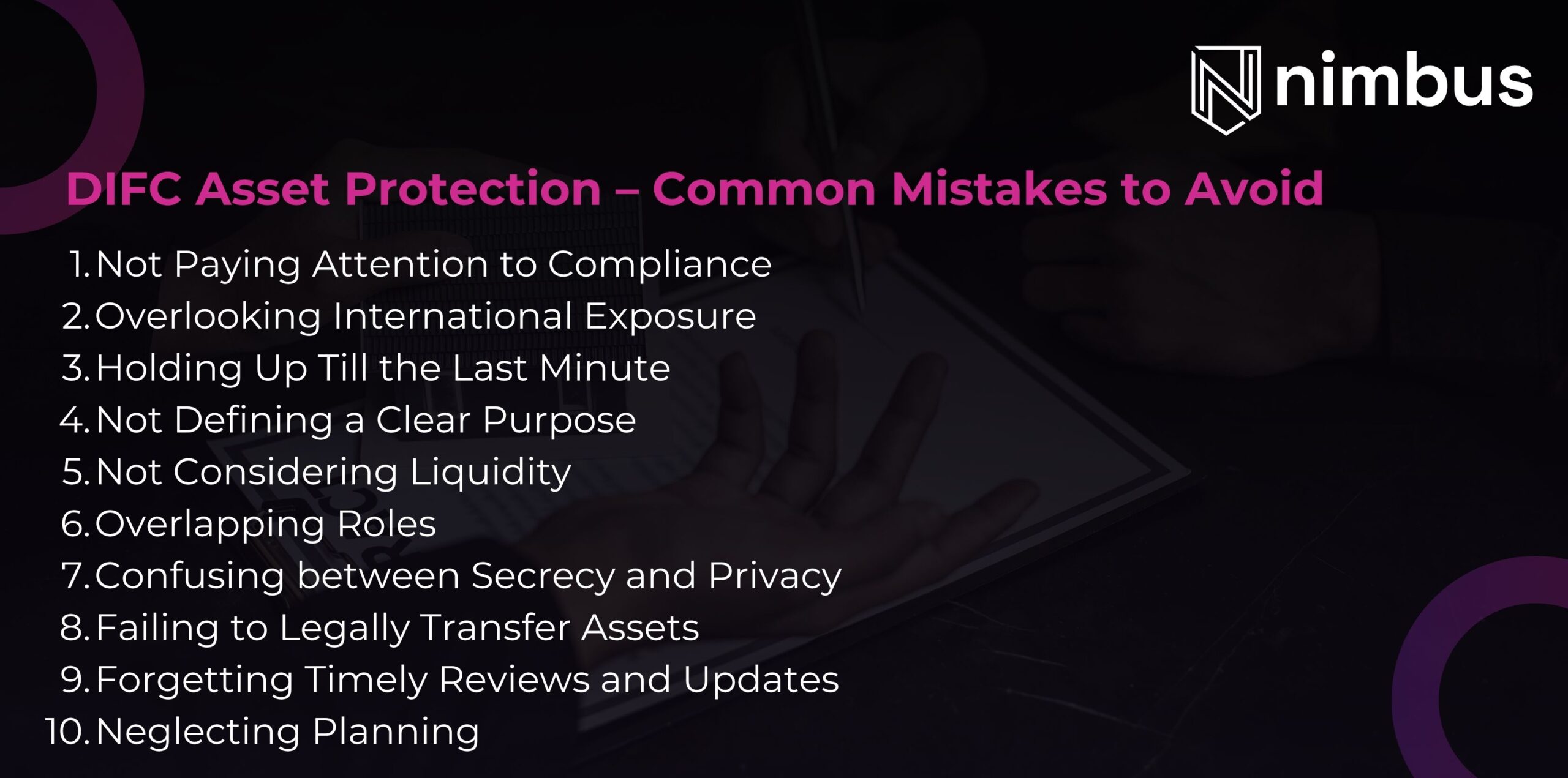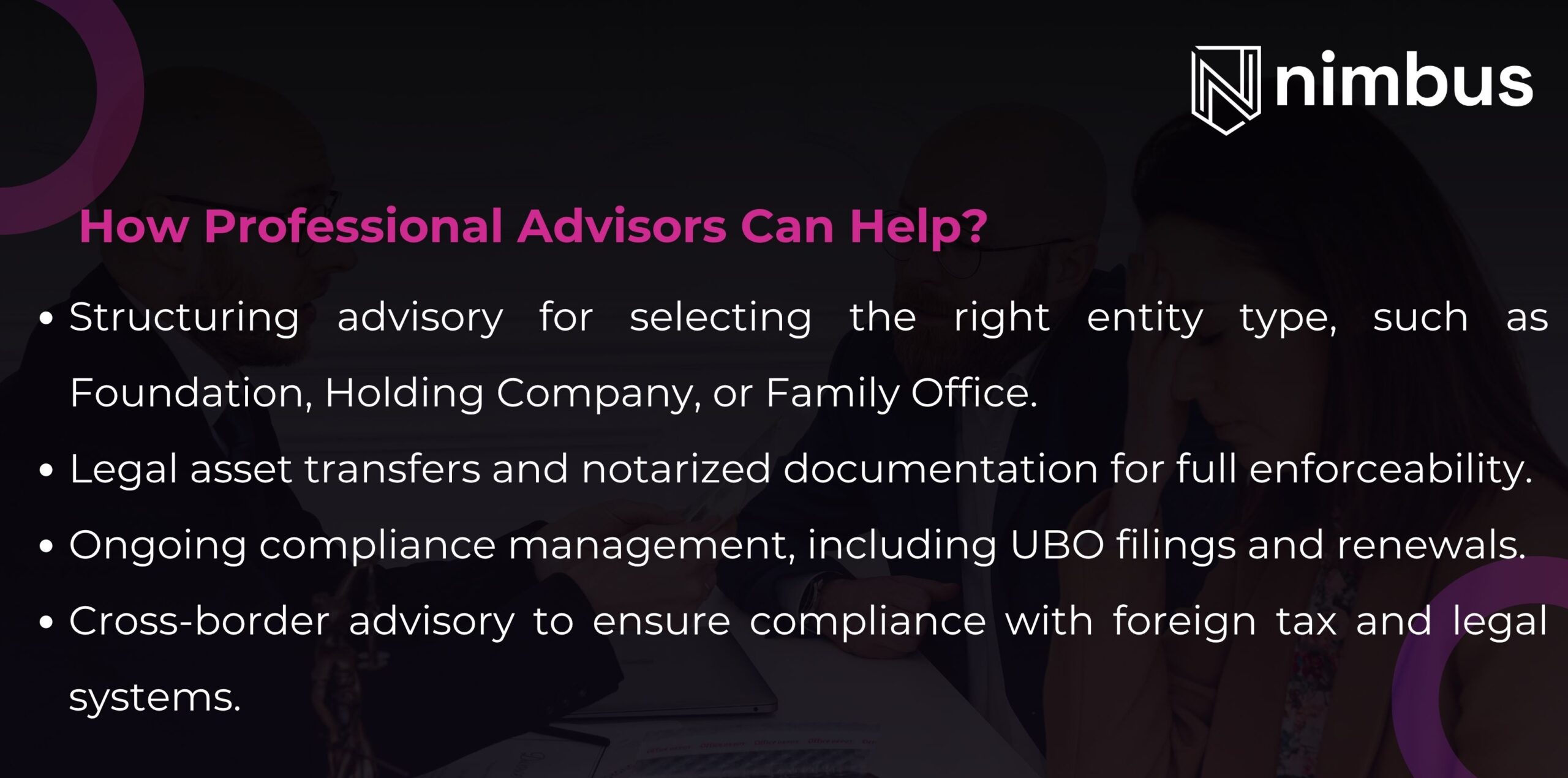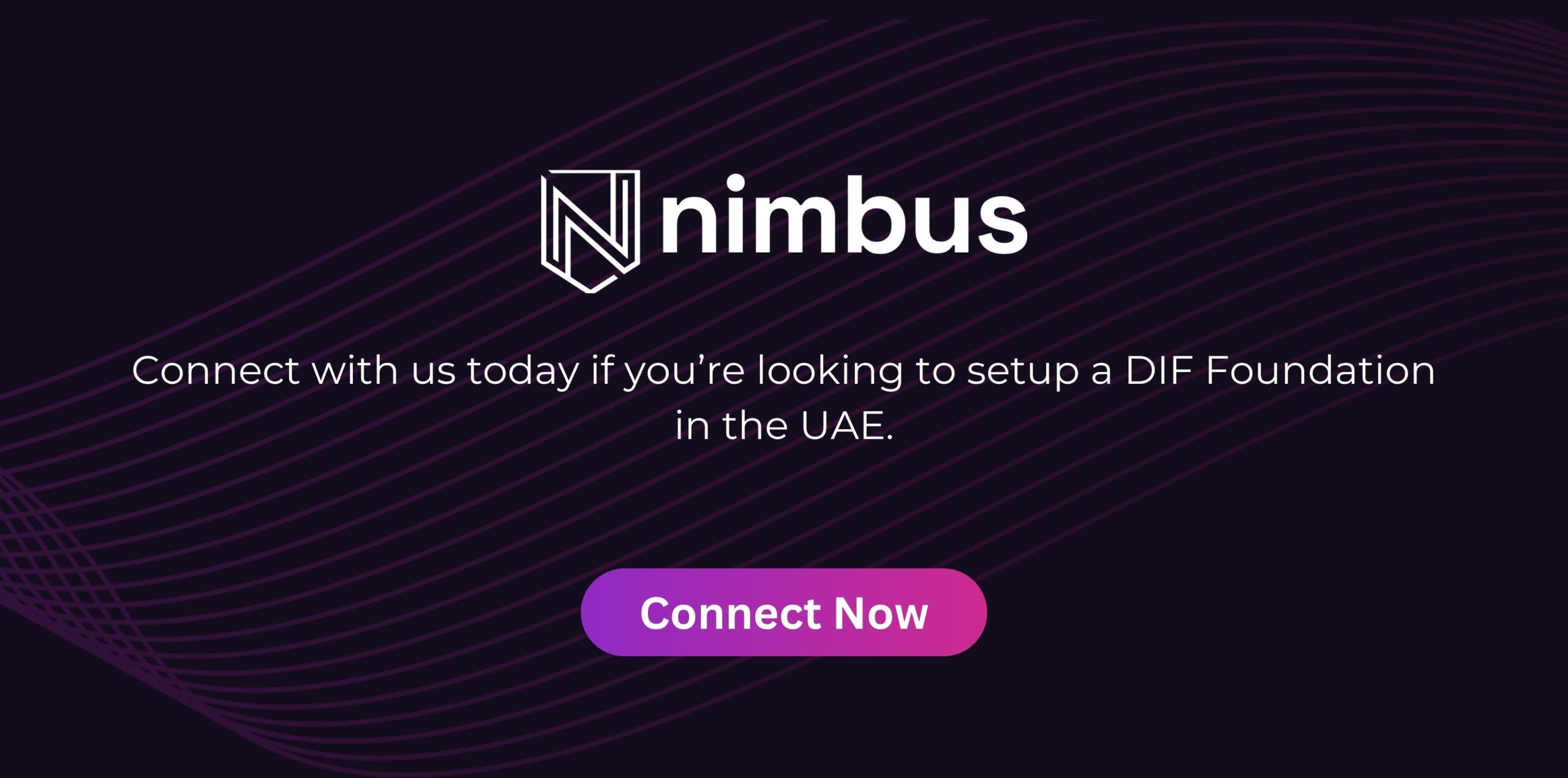In today’s fast-paced global economy, safeguarding your wealth has become more crucial than ever. The Dubai International Financial Centre (DIFC) stands out as one of the world’s leading jurisdictions for asset protection in the UAE, offering a robust legal framework, independent courts, and internationally recognized standards of governance.
For high-net-worth individuals (HNWIs), family businesses, and international investors, DIFC structures such as Foundations, Holding Companies, Prescribed Companies, and Family Offices offer efficient, compliant, and confidential vehicles for asset management.
However, even the most sophisticated structures can fail when they are poorly planned or incorrectly maintained.
This post highlights the ten most common mistakes in DIFC asset protection planning and offers practical strategies to avoid them, ensuring your business setup in the UAE and wealth structure remains legally sound and future-ready.
DIFC Asset Protection – Common Mistakes to Avoid

1. Not Paying Attention to Compliance
Once a DIFC structure is set up, ongoing compliance becomes a must. Requirements such as UBO disclosure and annual renewals are critical to maintaining good standing.
In 2024, about 20 percent of DIFC entities faced penalties due to missed filings. To avoid such outcomes, maintain a compliance calendar and partner with professionals who ensure ongoing compliance management, including timely renewal of licenses.
2. Overlooking International Exposure
A structure designed solely for UAE compliance may still face risks abroad. Assets held in a DIFC Foundation or Holding Company can be vulnerable to foreign tax claims or legal challenges if cross-border compliance is ignored.
Engage international advisors to conduct tax and legal reviews, ensuring your structure aligns with both UAE and foreign regulations. This move will help enhance your protection and minimize risks of cross-border disputes.
3. Holding Up Till the Last Minute
Asset protection only works if it’s established proactively. Setting up a DIFC structure after facing litigation or creditor threats can render it invalid under UAE law as a fraudulent transfer.
Courts may unwind such late structures, leaving your wealth unprotected. Effective planning should start early, at least a couple of years before any potential risk emerges. Early structuring ensures that your asset protection is both compliant and enforceable.
4. Not Defining a Clear Purpose
A frequent mistake is creating a DIFC structure without defining a proper purpose. Using the wrong entity type can undermine the structure’s effectiveness. For instance, a DIFC Foundation is ideal for wealth preservation and succession, not for running daily business operations.
Always align your chosen structure with your long-term goals, whether legacy planning, business operations, or family governance. Consulting professional advisors during the Dubai business setup phase ensures the right foundation for success.
5. Not Considering Liquidity
Some investors overengineer their asset protection plans by locking all assets into rigid structures with no liquidity options. While this ensures safety, it can create severe cash flow problems when funds are needed.
Balance protection with accessibility by integrating tools such as discretionary distributions or intercompany loans. Liquidity planning ensures you retain financial flexibility while maintaining robust protection mechanisms.
6. Overlapping Roles
Another common pitfall is allowing one individual, often the ultimate beneficial owner (UBO), to hold multiple key positions such as Founder, Council Member, and Beneficiary. This weakens governance and also raises red flags for regulators.
Similarly, assigning informal nominees like employees or friends without legal oversight can expose your structure to legal challenges. The solution lies in engaging independent council members or licensed corporate service providers to maintain compliance.
7. Confusing between Secrecy and Privacy
DIFC structures are confidential but not secret. They must comply with international reporting standards like the Common Reporting Standard (CRS) and FATCA.
Misinterpreting confidentiality as immunity from global compliance can lead to serious penalties. Maintaining transparency through proper reporting protects both your reputation and your structure’s standing under DIFC regulations.
8. Failing to Legally Transfer Assets
Many DIFC structures exist only on paper because assets are never formally transferred into them. Without proper notarial documentation, courts may not recognize these transfers, thereby risking exposure or legal disputes.
A documented legal transfer, meeting DIFC and international standards, is necessary. No matter how tedious notarization may seem, it ensures enforceability and safeguards your structure’s legitimacy in both UAE and foreign jurisdictions.
9. Forgetting Timely Reviews and Updates
Life changes, including marriage, divorce, relocation, or acquiring new assets, can render existing DIFC structures outdated or ineffective. Many families forget to review their setup, only realizing its flaws when it’s too late.
Regular reviews and updates after major life or business events are essential to ensure the structure continues to reflect your goals, family dynamics, and regulatory changes.
10. Neglecting Planning
Even well-designed DIFC structures can falter without a clear succession plan. Many families overlook Letters of Wishes or Family Charters, which outline how assets should be managed or distributed upon major life changes.
Lack of documentation often leads to internal disputes or asset mismanagement. Drafting a comprehensive Charter and Letter of Wishes, with professional legal input, helps ensure smooth control transition and prevents family conflicts.
How Professional Advisors Can Help?
Professional business consultants in the UAE are your reliable partners in planning and setting up a holding company in the UAE. They help in:

- Structuring advisory for selecting the right entity type, such as Foundation, Holding Company, or Family Office.
- Legal asset transfers and notarized documentation for full enforceability.
- Ongoing compliance management, including UBO filings and renewals.
- Cross-border advisory to ensure compliance with foreign tax and legal systems.
With the experts by your side, you can protect your assets and preserve your legacy in one of the world’s most trusted financial ecosystems.
Ready to Protect your Assets in the UAE?
DIFC remains one of the most advanced jurisdictions for asset protection in the UAE, but its effectiveness depends on how carefully a structure is planned, executed, and maintained.
Avoiding common mistakes, such as poor governance, delayed transfers, or non-compliance, ensures that your wealth remains secure across generations.
Work with experienced advisory boutique firm like Nimbus Consultancy that offers UAE business setup services to design a structure that reflects your objectives, complies with all legal standards, and adapts to your evolving needs.



